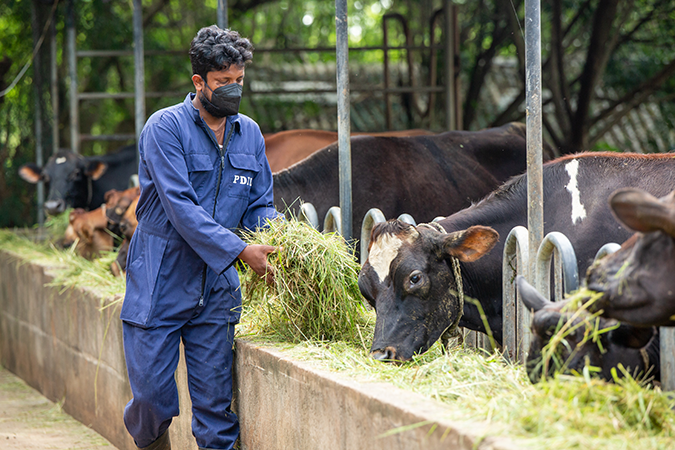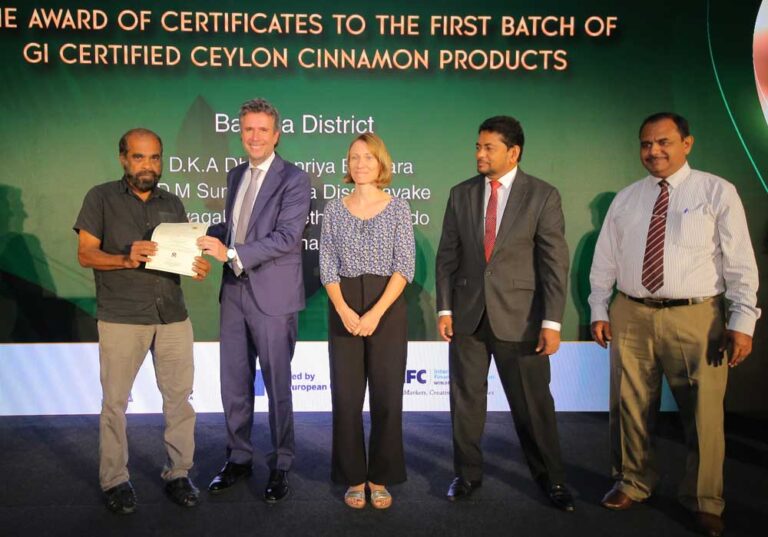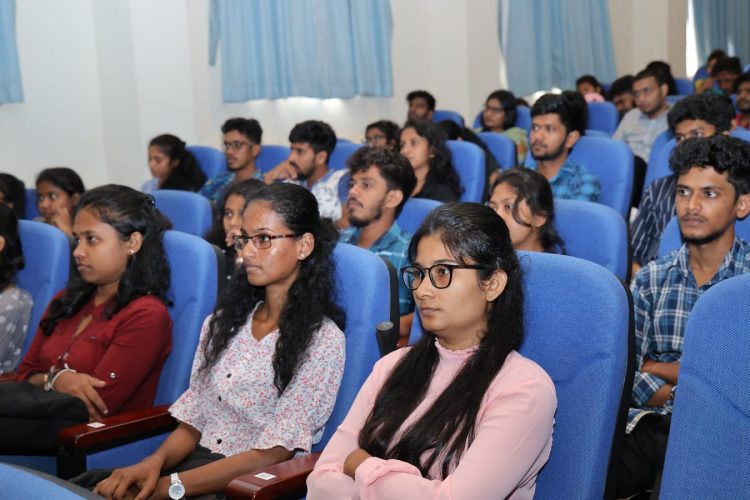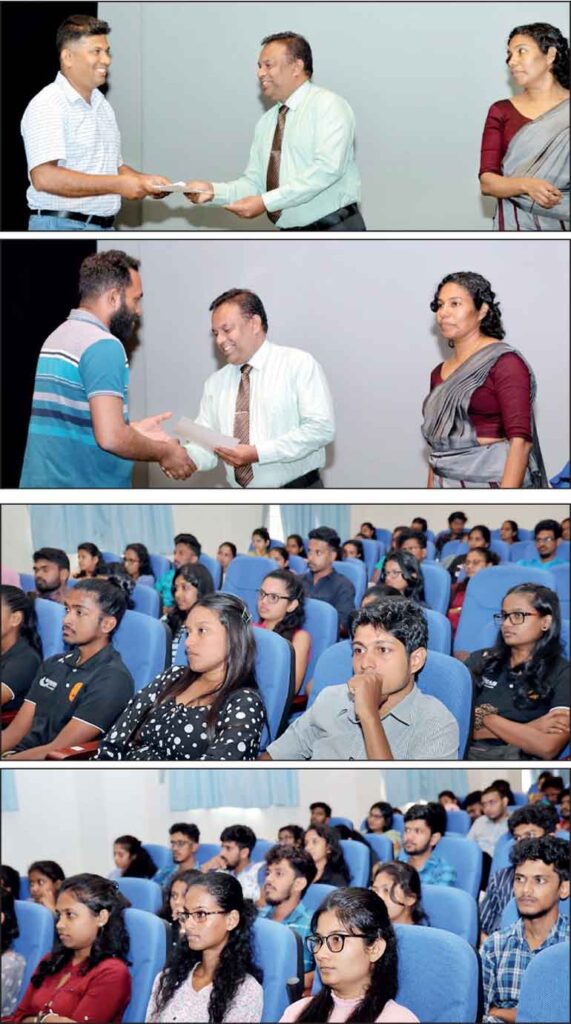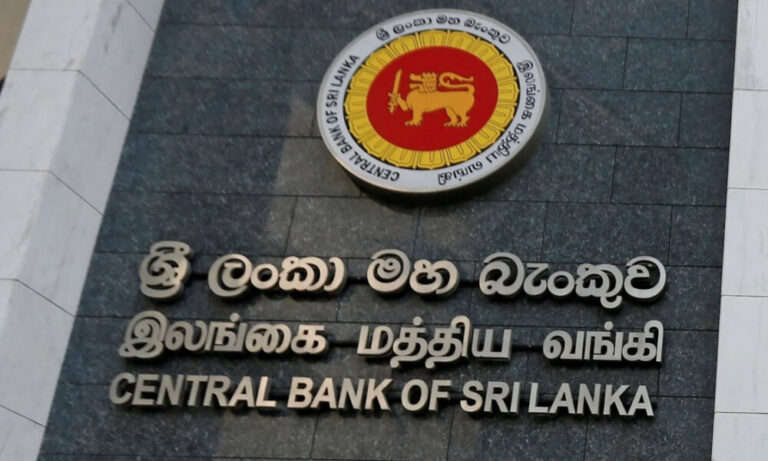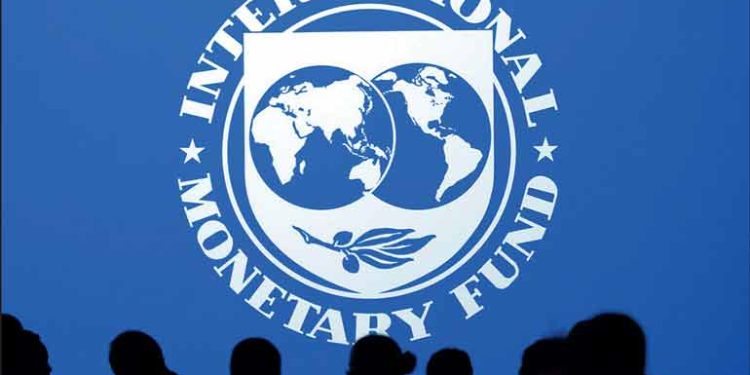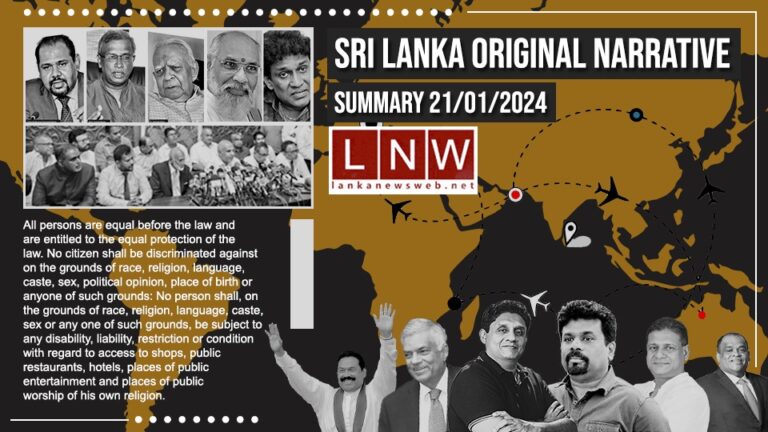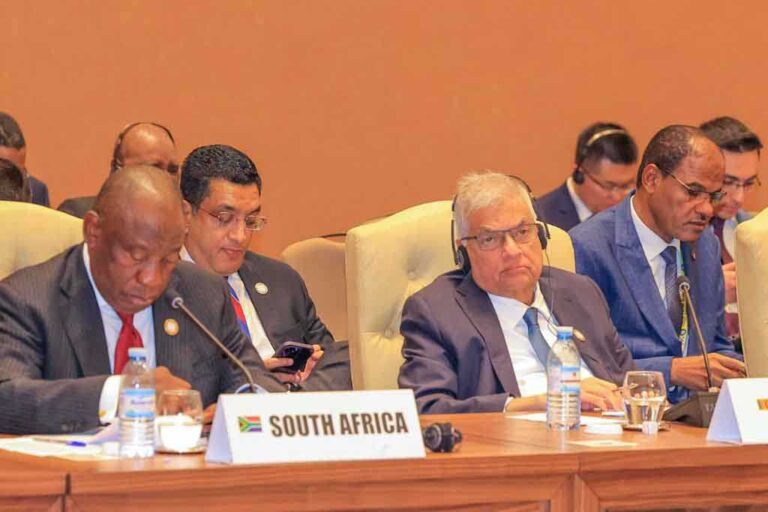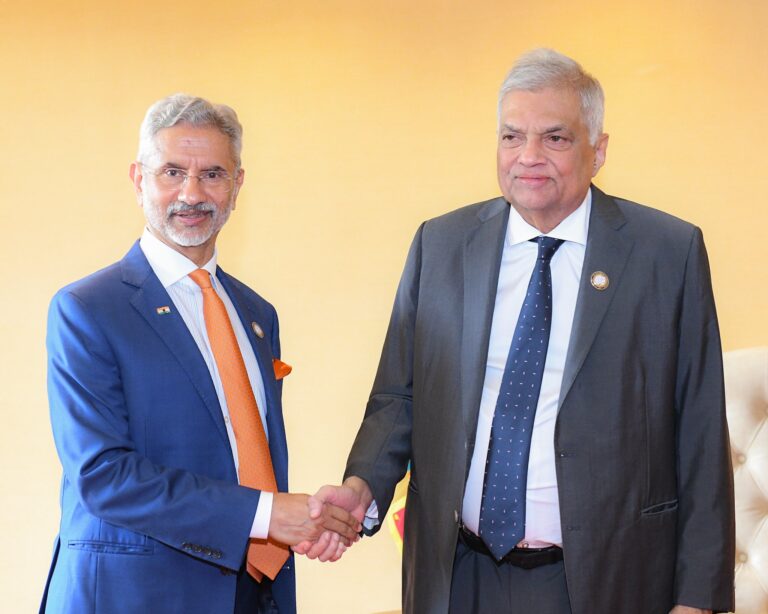By: Staff Writer
January 21, Colombo (LNW): Sri Lanka’s dairy industry is facing a major crisis, with around 14,000 small-scale farms shutting down and milk production declining sharply as revealed by the Committee on Public Accounts (COPA) in Parliament.
The country’s liquid milk production has dried up in the wake of US intervention to boost industry with a grant of US$27 million two years ago..
While officials from the State Ministry of Livestock Department blamed the closures on animal theft, the MPS expressed skepticism.
They argued that other factors, such as the destruction of grasslands and land-related issues, likely played a more significant role.
The COPA emphasized the need for the Department of Animal Production and Health to maintain accurate and clear data on the industry. This data is crucial for understanding the root causes of the crisis and formulating effective policy responses.
Minister of Agriculture Mahinda Amaraweera, who also attended the meeting, acknowledged the decline in milk production received by Milco, the country’s largest dairy processor. He stressed the importance of implementing the Artificial Insemination Programme and formulating a National Policy on milk production to address the challenges facing the industry.
The death of 104 Australian goats imported for breeding raised concerns about animal care practices. COPA members urged the department to ensure proper care and management of imported livestock to prevent similar incidents in the future.
The Diary industry in the verge of collapsing two years after U.S. and Sri Lanka signed a Memorandum of Understanding (MOU) with the Sri Lankan Department of Agriculture, for a $27 million project that aims to double the milk production of Sri Lankan dairy farmers participating in the U.S. Department of Agriculture’s “Food for Progress” initiative.
In close partnership with the Government of Sri Lanka, the project began in late 2017 and has already benefited 25,000 Sri Lankan dairy farmers, increasing their milk production by an average of 68 percent to date.
An estimated 80,000 Sri Lankans will ultimately receive assistance from this program, as part of the United States’ continued efforts to support food security and economic growth in Sri Lanka. After unforeseen delays including the COVID pandemic, the U.S. Embassy and the Sri Lankan Department of Agriculture finalized this partnership agreement .
Ambassador Chung stated, “This $27 million contribution is a prime example of the United States’ multi-year commitment to promoting sustainable economic development in Sri Lanka.
Food for Progress’ Market-Oriented Dairy Project partners with a U.S. non-profit organization called the International Executive Service Corps to help Sri Lankan farmers increase dairy production by providing them with the skills they need to improve farm operations and management.
It will also provide better access to financing, so farmers can expand their businesses and reach new markets.


